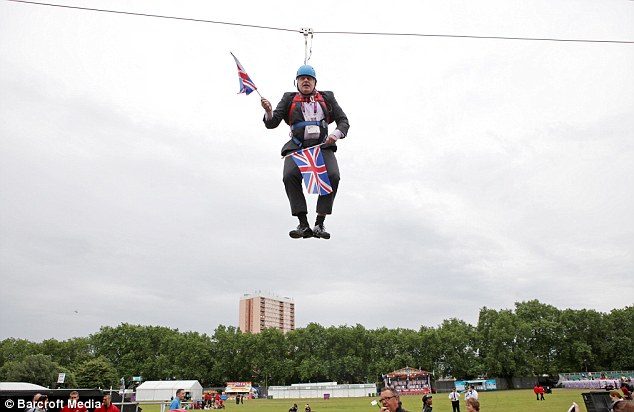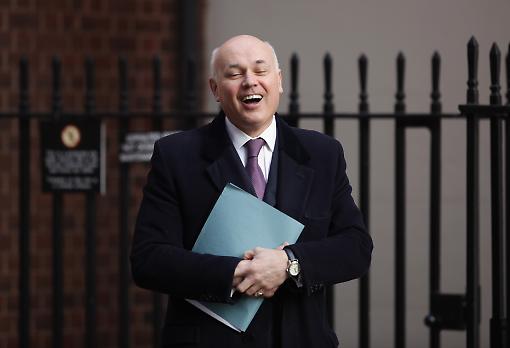Some light Christmas reading
A few politics articles for light Christmas reading …
Why are taxpayers spending £60m on a bridge for Joanna Lumley?
The bridge has been sold as a new public right of way by Johnson. In reality it is anything but. TfL’s business case suggests that just 0.03% of all those using the bridge will be people making new trips. The rest will be either tourists or others already on the Southbank.
…
So who will benefit from this bridge? Well according to the business plan, the biggest benefit of the bridge will be to “residential property values”. Incredibly, they estimate that the bridge will raise local property values by an estimated £84 million.
So excellent news for the tiny number of wealthy property owners in central London. Not so good news for the millions of people struggling to afford the cost of their monthly travelcard to work.
…
TfL bury Boris bike fare hike under the Christmas tree

…
The cycle hire scheme, perhaps Boris Johnson’s most notable achievement as mayor, has so far been serially underused, with a complex hiring mechanism turning potential users away.
…
Promised “at no cost to taxpayers” it remains substantially subsidised to the tune of millions of pounds a year.
A poor value-for-money sponsorship deal with Barclays and a complex hiring mechanism, means that it has so far failed to generate anything like enough revenue to cover its costs.
…
Iain Duncan Smith to meet Universal Credit target in 700 years’ time
Ian Duncan Smith promised that more than a million people would be signed up to his universal credit scheme by April 2014, with twelve million signed up by 2017.
However, new figures released today reveal the DWP currently have just 17,850 people on their caseload.
This means that at the current rate of progress, it will take them almost 700 more years to meet their original target of twelve million.
…
Christmas cannot be captured in fairytale endings, Archbishop warns
[T]he true spirit of Christmas cannot be captured in fairytale endings, the Archbishop of Canterbury will tell the faithful.
Life-size cardboard Ed Miliband cutout ‘held HOSTAGE’ after being ‘stolen’ from County Hall
…
A statement from Worcestershire County Council read: “We are aware that a life-sized picture has gone missing out of the Labour room within County Hall.
“Staff and elected members are working closely to ensure that it is returned and this situation is concluded.”
The cut-out is the same height as the Labour leader – at 5ft 9in.
It is alleged that prior to its disappearance, some staff members turned the cardboard Ed around so people walking past could only see his backside in the window.

